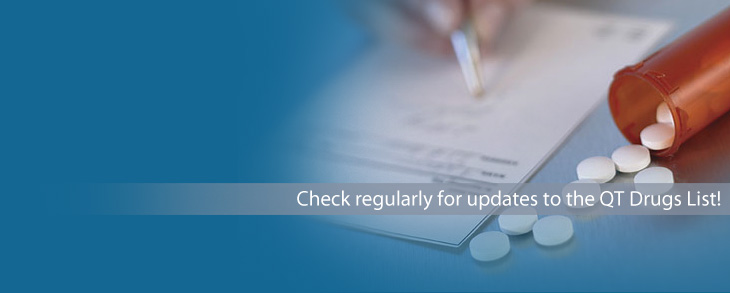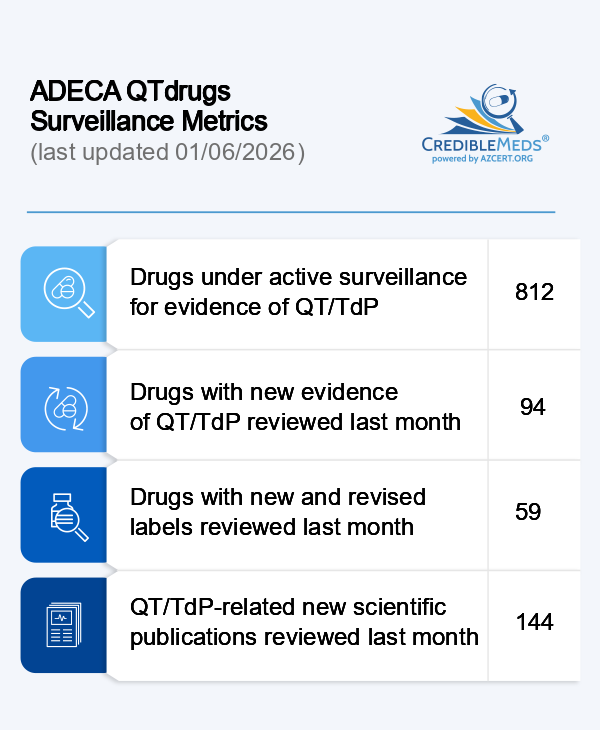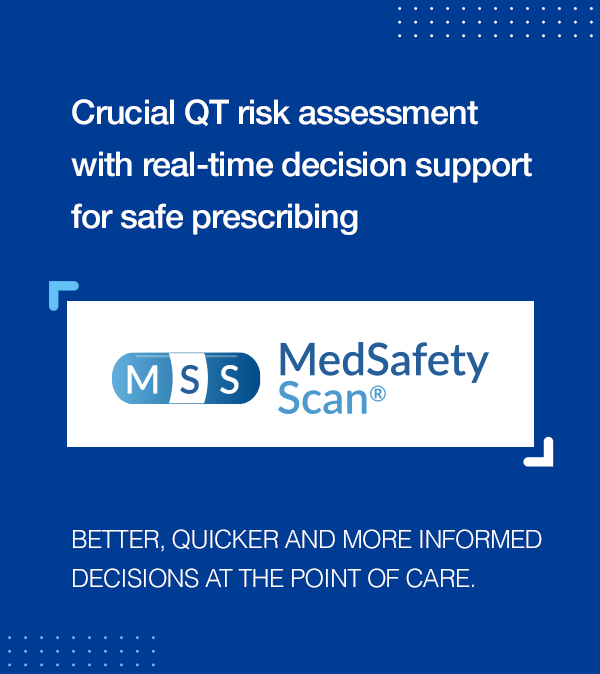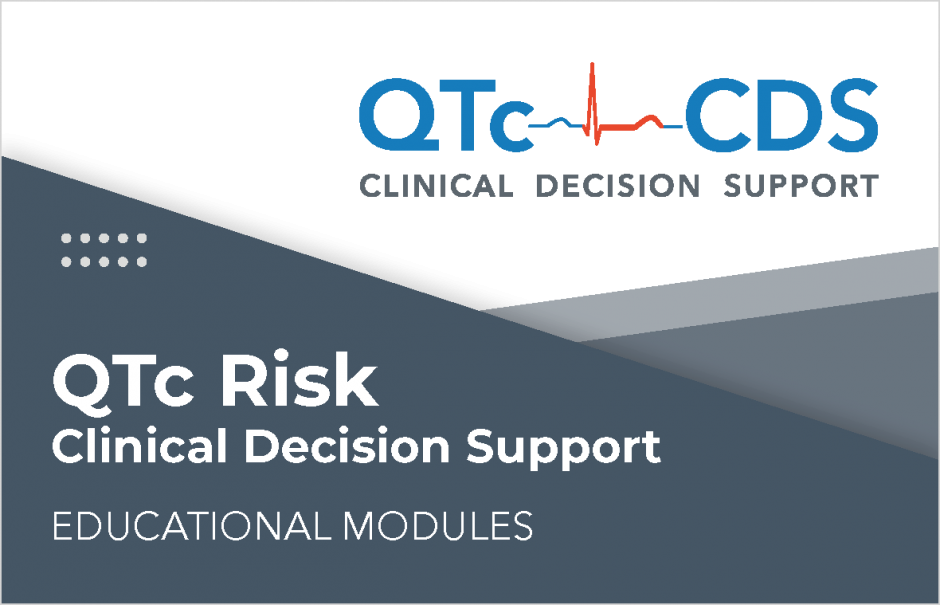COVID-19 Vaccine Information for People with SADS Conditions
The Sudden Arrhythmia Death Syndromes (SADS) Foundation recommends that all SADS patients receive a COVID-19 vaccination.
Michael J. Ackerman, MD, PhD, director of the Long QT Syndrome Clinic and professor of medicine, pediatrics, and molecular pharmacology at the Mayo Clinic College of Medicine, Rochester, Minnesota and Chair, Board of Trustees, SADS Foundation said, “I've told all of my patients and every genetic heart patient we talk with at the SADS Foundation (Long QT syndrome, CPVT, Brugada syndrome, ARVC, etc.) –if you are 16 years or older, you can get the vaccine, you should get the vaccine, it is safe for your heart.
Patients who are Pregnant or Breastfeeding
Stacey Rizza, MD, Infectious Disease Specialist, Mayo Clinic, Rochester says that the data obviously isn't as robust about pregnant or breastfeeding people. But the FDA does not see any reason why it would not be safe, and recommended that pregnant people get it as well. There have been pregnant women vaccinated and the data is that the vaccine is safe. We do know pregnant women do not do as well with the infection. So the risk of the vaccine is much lower than you remaining vulnerable to COVID. And so we do recommend pregnant people getting vaccinated. For more information, please review the recommendations from the Society for Maternal Fetal Medicine https://www.highriskpregnancyinfo.org/covid-19.
Children under the age of 16
A (Dr. Stacey Rizza): The trials for people under 16 are underway right now. So that's probably going to take several months till we have the data available. They need to determine how long it takes to show efficacy, and that population tends to be less affected by COVID. We're hoping by later in the year, hopefully by summer, maybe a little bit later, that data will be complete. And if it is shown to be safe and effective, then it will be approved.
Allergic Reactions
Epinephrine and LQTS According to published articles, there is no contraindication to giving epinephrine to a patient with anaphylaxis, and the patient with LQTS is no exception. Airway obstruction from angioedema, respiratory failure from bronchospasm, and circulatory collapse from anaphylaxis are immediately treatable with prompt administration of epinephrine. Dr. Michael J. Ackerman, has said, “For the past 20 years in our clinic, we have recommended an Epi-Pen for our LQTS patients who have concomitant severe allergies,” for which the prevalence is the same as in the general population. These patients have rarely had to use their Epi-Pen, and when they have, it was effective. Dr Ackerman says that the notion that beta blockers render epinephrine ineffective seems erroneous. “The only real issue that I have seen is when such patients were counseled not to have an Epi-Pen or were scared to use it out of fear that it might awaken their LQTS substrate, and there was then a delay in treating the anaphylactic reaction.”
Brugada syndrome and fever as a reaction to the vaccine A
(Dr. Michael Ackerman): If you have a febrile reaction to your vaccine, just promptly lower your fever. Just properly lower your fever with acetaminophen, Tylenol, ibuprofen, whatever you like for your fever lowering strategy.
Cautions for Spreading COVID-19
It is important for everyone to continue using all the tools available to help stop this pandemic. Even after vaccination, cover your mouth and nose with a mask when around others, avoid crowds—especially indoors, and wash your hands often until the CDC provides other guidance.
May 5, 2021
(orginal posted at https://www.sads.org/SADS/media/Family-Support/SADS-COVID-19-Vaccine-Information.pdf)











